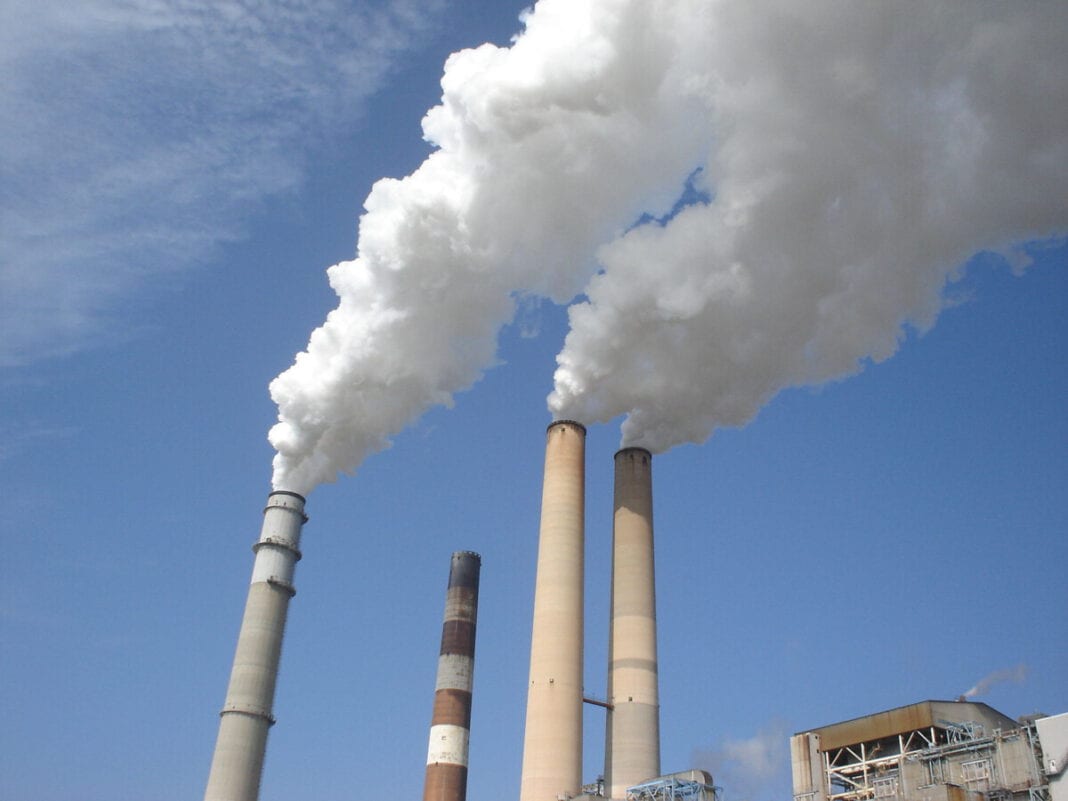With lockdowns, self-isolation and quarantines, the coronavirus outbreak means less air-travel and road travel, which translates to less CO2 emissions worldwide. Although it’s difficult to find anything good in coronavirus, it is true that it has been giving our planet a break from humans, and the effects are already showing.
Since the Netherlands entered partial lockdown last week, people have been confined to their homes for well, everything. Since most are working from home nowadays, according to Ronald Kempen of Tamoil, of their 213 petrol stations in the Netherlands, 25% less petrol and diesel were refuelled in recent days compared to pre-coronavirus times, de Volkskrant reports. Furthermore, air traffic has decreased by roughly 80% here in the Netherlands as most flights have been cancelled or postponed.
Although more electricity has been consumed at home, less has been consumed in the office- which seems to balance out.
Not just due to the coronavirus, and not just in the Netherlands
De Volkskrant also reports that Dutch greenhouse gas emissions, which have been on a slow decline for years now, will decrease faster in 2020, according to Pieter Boot of the PBL Netherlands Environmental Assessment Agency. Boot also predicts a worldwide drop: already in China and Italy, 30-50% less nitrogen oxide was released into the air, a boon for those with lung complaints (and also great for corona times).
Other factors (apart from coronavirus) are also benefitting circumstances. This includes the warmer winter, which has saved 1.5 million tons of emissions, as well as a broken coal-fired power station in Maasvlakte, which has saved 1 million tons.
Does this mean we’re hitting targets?
However, this is still not enough – in order to meet the Urgenda targets, emissions need to decrease by 9-11 million tons this year, and 25% fewer cars on the road for a month will only save 3/4 of a million tons, according to Boot.
Furthermore, slow demand has caused the price to drop to $27.73 per barrel, its lowest since 2004. This might affect how willing and able states are to make investments into ‘clean’ energy. But of course this is still speculation.
Nonetheless, less energy consumption (even if it doesn’t quite hit the target) is still something.
Nature is flourishing without humans
You’ve probably already seen the waters of Venetian canals slowly turning crystal clear over the past few days- but if you haven’t, here is a video of dolphins enjoying their new extra habitat in the beautiful city which has been on lockdown since late February.
Venice hasn't seen clear canal water in a very long time. Dolphins showing up too. Nature just hit the reset button on us pic.twitter.com/RzqOq8ftCj
— Gianluca De Santis (@b8taFPS) March 17, 2020
Also deer are taking over cathedrals, which anyone in their right mind would support.
Oh to be a deer exploring the beauty of a cathedral pic.twitter.com/fDzOd9OjW3
— Memento MoRyan 🦇☠️ (@MorgothGf) March 9, 2020
And in Bloemendaal, they’re trotting down the street. Amazing!
Echt geen kip op straat hier. #CoronaCrisis #bloemendaal pic.twitter.com/vjf0F8MmGe
— Marjolein Sintenie (@Smintenie) March 20, 2020
Have you noticed a change in your own carbon footprint? Let us know in the comments!
Feature Image: Monkeyboy0076/Wikimedia Commons




Unfortunately the story regarding the dolphins is fake-news, says National Geographic: https://www.nationalgeographic.com/animals/2020/03/coronavirus-pandemic-fake-animal-viral-social-media-posts/